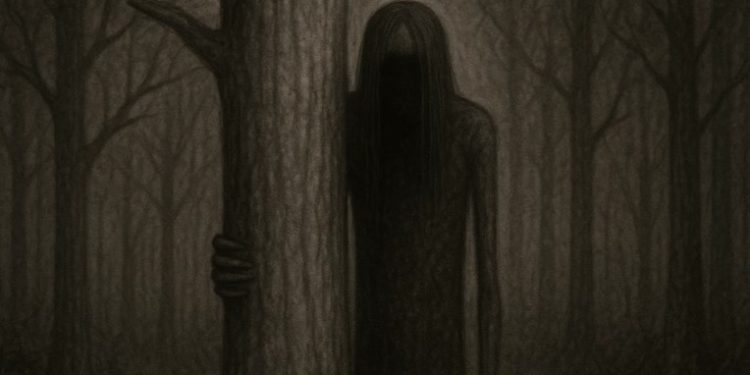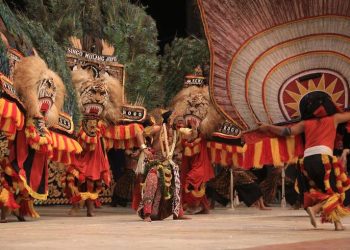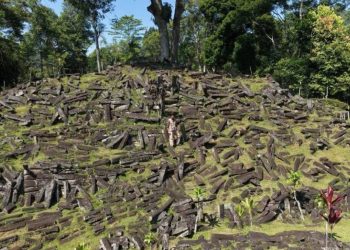Jakarta, Indonesia Sentinel — Indonesia’s rich ethnic diversity is steeped in mystical folklore, with one of the most infamous legends being that of Begu Ganjang, a supernatural entity said to haunt the highlands of North Sumatra. Though it may seem far-fetched to outsiders, this towering ghost remains a deeply rooted belief among some members of the Batak community.
In the Batak language, begu means “ghost,” while ganjang translates to “long”, together forming Begu Ganjang which means “long bodied ghost.” According to local lore, Begu Ganjang is a shadowy, tall, and often invisible figure with an ominous presence. Witnesses describe it as a long, dark entity with straight black hair and a terrifying face lined with saw-like teeth.
Traditionally, Batak belief holds that a person’s soul, can transform into a begu after death, especially if tied to a particular place or unresolved purpose.
Begu Ganjang is often associated with disaster or misfortune. The spirit is feared not just for its malevolent energy but also for its alleged use in black magic rituals, such as casting curses to harm someone. Victims of Begu Ganjang are said to show eerie similarities, such as mysterious bruises around the neck.
According to popular belief, anyone who locks eyes with Begu Ganjang should look away immediately, as the longer one stares, the larger and more overwhelming the entity becomes.
Beyond its use in inflicting harm, the spirit is also believed to be a tool for pesugihan, a form of ritual to acquire wealth, often at a deadly price.
Read Also:
Ancient Healing Ritual ‘Rajah’ in Aceh: Blends Prayer, Magic, and Mystery
The origins of this legend are murky, but many locals believe it dates back to ancestral practices. Early Batak communities are said to have summoned Begu Ganjang to protect farmlands from thieves.
Over time, however, its use reportedly shifted from guardianship to more sinister purposes including for hurting enemies or achieving personal gain. Folklore claims that individuals who forge a pact with Begu Ganjang must provide a human offering, or risk harm to their own loved ones.
Today, belief in Begu Ganjang is waning, particularly in urban areas. Yet in rural North Sumatra, the legend still lingers. Villagers continue to swap stories of eerie encounters, keeping the tale alive across generations. Whether seen as myth or malevolent force, Begu Ganjang remains a chilling symbol of Indonesia’s enduring supernatural traditions.
(Raidi/Agung)























